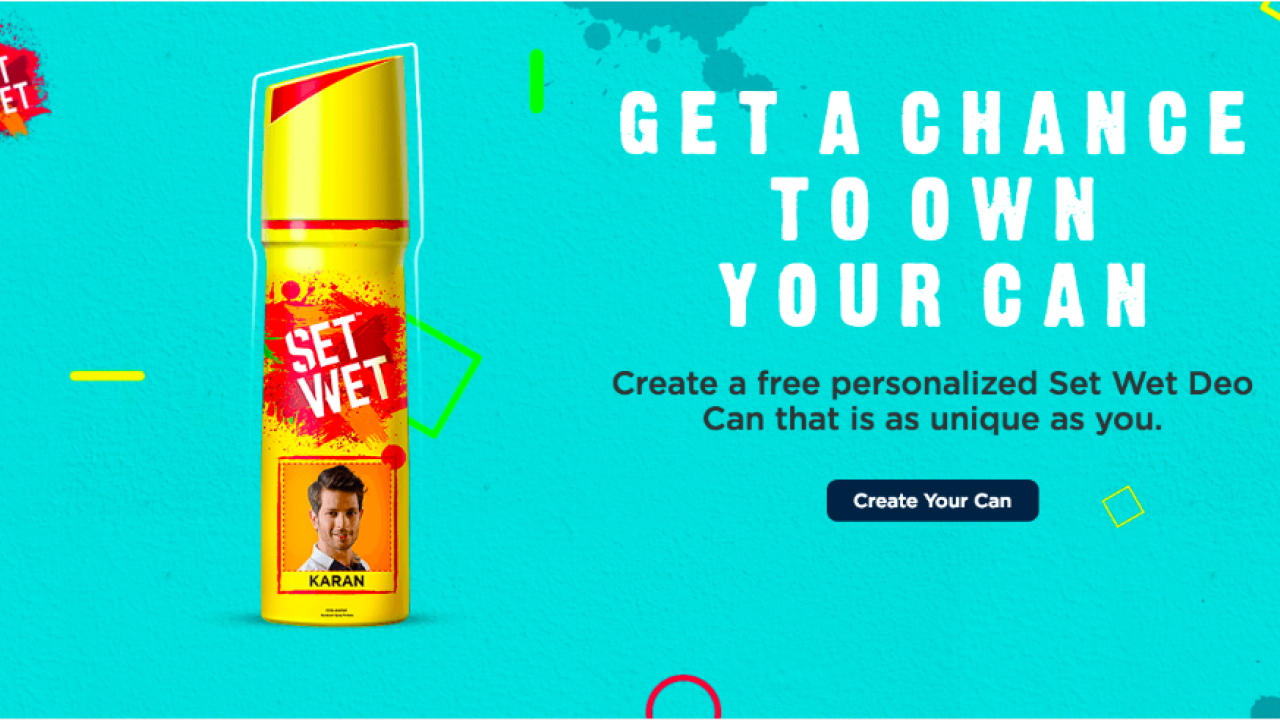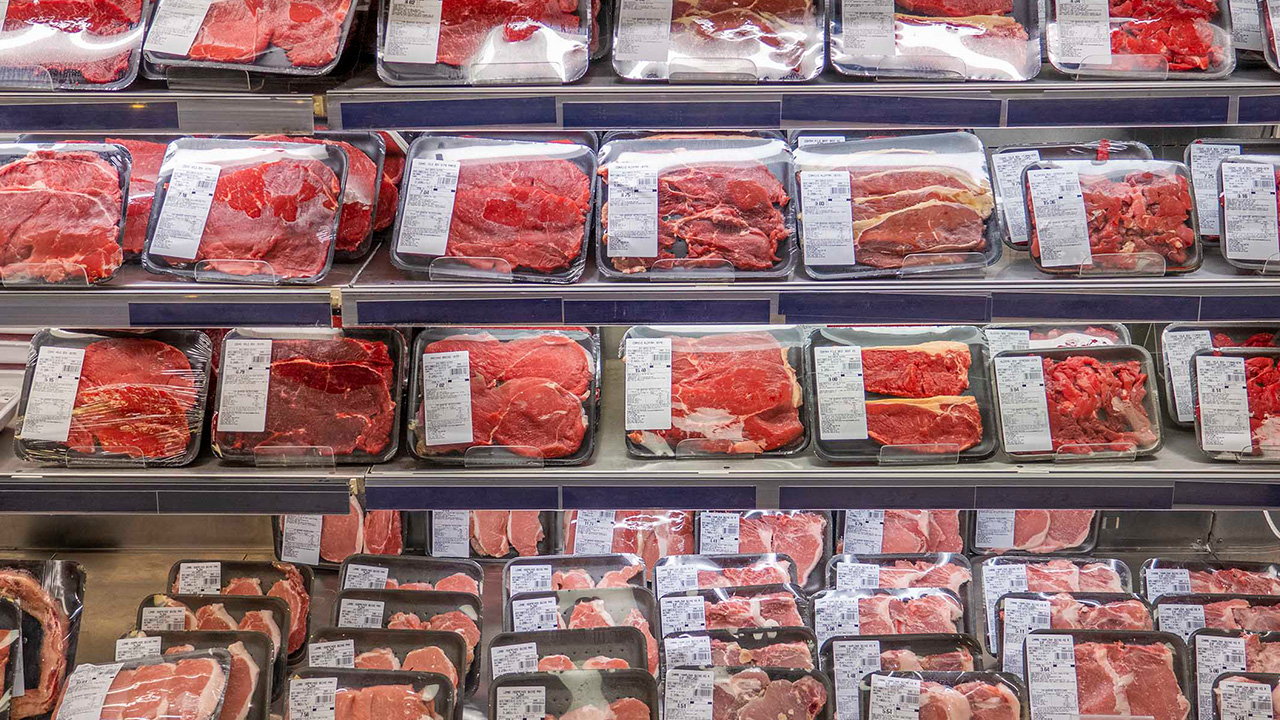Marico implements personalization project in India

The brand launched a limited edition range where a select few had the chance to receive their personalized cans at no cost. ‘However, going forward, the business model could enable sales at a slight premium. We are contemplating mass personalization for other brands and this will be done at the right time,’ says Sridhar Janardhan, head of packaging, Domestic, International and Foods Division at Marico.
The brand wanted to offer the consumer an experience of true personalization, enabling each person to be able to customize every can to his or her liking, rather than rely on templates as with previous projects by other multinational companies. ‘Cracking a technology that allowed every can to be unique and different was the key challenge, on which the packaging development and marketing teams worked together to overcome along with HP Indigo and Trigon. From planning to implementation, it took about three months to complete the project. The entire execution was covered in a month,’ says Janardhan.
Marico visited Dscoop Asia 2016 in Singapore to see HP Indigo’s innovation center. ‘We saw the immense potential of the HP Indigo digital presses and discussed the possibility of a project. Fortunately, Trigon had recently purchased an HP Indigo press and we have known Trigon for many years. So, we were confident of executing this project successfully.’
Marketing and packaging teams worked together to create the campaign. Anuradha Agarwal, chief marketing officer, says: ‘The brand picked up on the rising desire among its consumers to add a personal touch to whatever they own. While at a niche level they were able to personalize, for instance, t-shirts, mugs, key chains, and even tattoos to reflect their own personality, not many brands were capitalizing on this growing trend. The brand decided to leverage this insight and extend it to personal care categories as well, by enabling consumers to customize their deodorant cans to their liking.’
Excitement
Marico started a #WheresYourFace campaign on social media to launch this new range with personalized packaging. The campaign began with Set Wet’s brand ambassador Ranveer Singh posting teasers on his Facebook page for a new ‘Scent-sational’ deodorant with his face on the can. ‘This sparked curiosity and excitement as many speculated on whether the Bollywood star was launching his own line of deodorants. However, Ranveer finally revealed the new customized range of Set Wet deodorants highlighting the fact that it’s not just him, but anyone could get their face on the Set Wet can,’ says Janardhan. Recognizing the power of word-of-mouth and in order to maintain interest, the brand recruited online influencers.
The exercise motivated consumers to participate, enticing them to post, respond, upload and share on social media. ‘For teens and millennials, personalization is not just a fad but is, in fact, a way of life. These consumers place high value on self-expression, individual storytelling and staying connected with a brand,’ Agarwal adds.
Marico stopped the campaign after a few days, as it required a lot of team effort, research and development and analysis. ‘We want to take it one step at a time, learn from the campaign and then plan to do it bigger. Marketing and supply chain teams learnt a lot on cost structure in planning this exercise. Technology was yet another hurdle that was handled well by HP Indigo and Trigon, but cost remains still a bigger concern,’ Janardhan says.
Cost is also affected by the ever-growing counterfeit market in the country. ‘Fast-moving consumer goods (FMCG) packaging remains the worst-affected industry by counterfeiting, which accounts for over 30 percent of business revenues, according to industry reports,’ says Janardhan. ‘The estimated value of counterfeit and smuggled goods grew from $11.2 billion USD in 2012 to $16.2 billion USD in 2014, according to a study by consultancy firm KPMG. A study by KPMG and the Federation of Indian Chambers of Commerce and Industry (FICCI) indicates that sales of fake consumer goods are growing faster than the overall consumer products market. We have been doing overt features specifically with Livon, and also the quality of labels in Saffola Aura Olive Oils is difficult to copy. However. Marico is significantly affected by counterfeiters and it’s a challenge to label and other material suppliers to come out with cost-effective overt features, specifically in South Asia where the consumer population with has lower literacy levels than elsewhere of the world.’
Stay up to date
Subscribe to the free Label News newsletter and receive the latest content every week. We'll never share your email address.

